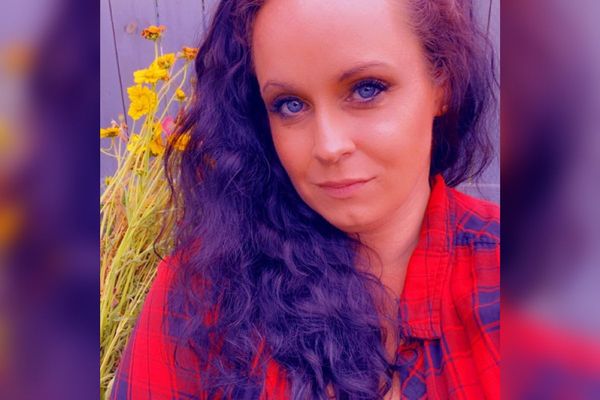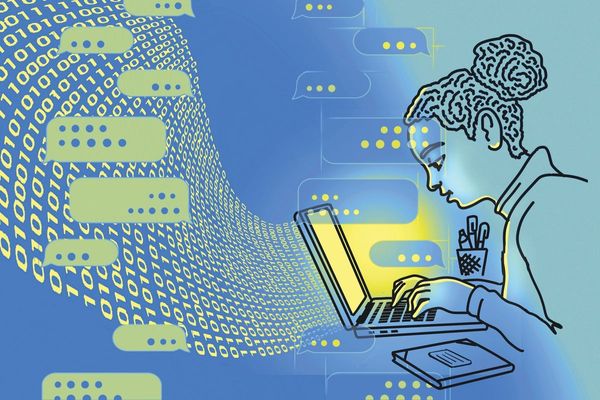
Following a night where 1,300 people were arrested across France, 45,000 police officers have been deployed again across the country, after the killing of a teenager at a police checkpoint sparked unrest that prompted President Emmanuel Macron to postpone a trip to Germany.
The French president felt compelled to postpone a state visit to Germany that was due to begin on Sunday due to the ongoing unrest.
On Twitter, France's interior ministry revised the number of people arrested on Friday up to 1,311. Yet despite the rise in arrests, the ministry remarked the violence was "lower in intensity" than the previous night.
Mirroring the Macron government's decision to deploy 45,000 police officers on Friday, the same number – along with armoured vehicles – have been sent out this Saturday night to tackle what is the worst crisis to face the president's leadership since the "Yellow Vest" protests which brought much of France to a standstill in late 2018.
Nahel, a 17-year-old of Algerian and Moroccan descent, was shot by a police officer during a traffic stop on Tuesday in the Paris suburb of Nanterre, where buses have been halted.
Il y a une instrumentalisation inacceptable de la mort d’un adolescent alors que la période devrait être au recueillement et au respect. pic.twitter.com/6QAbUfPLkf
— Emmanuel Macron (@EmmanuelMacron) June 30, 2023
A quiet funeral
Meanwhile, several hundred people reportedly lined up to enter Nanterre's grand mosque, which was guarded by volunteers in yellow vests, to express support for Nahel's family during his funeral on Saturday afternoon.
According to mourners, Nahel was buried at the Mont-Valérien cemetery in Nanterre in the presence of his mother and grandmother.
The ceremony reportedly took place "very calmly, quietly and without any outbursts," with those in attendance adding that a large number of young people were present, in a "family-like" atmosphere.
The shooting of the teenager – caught on video – has reignited longstanding complaints by poor and racially mixed urban communities of police violence and racism.
Macron had denied there is systemic racism in French law enforcement agencies and has called out social media platforms for their role in fomenting violence.
Shops ransacked, events cancelled
Looters have ransacked dozens of shops and torched 2,000 vehicles since the start of the riots, which have spread to cities such as Marseille, Lyon, Toulouse, Strasbourg and Lille.
Finance minister Bruno Le Maire said more than 700 shops supermarkets, restaurants and bank branches had been "ransacked, looted and sometimes even burnt to the ground since Tuesday".
Local authorities all over the country announced bans on demonstrations and ordered public transport to stop running in the evening.
#Nanterre / Interpellation de 9 individus à Nanterre, porteurs de jerrican d’essence et de cocktails Molotov.
— Préfecture de Police (@prefpolice) July 1, 2023
➡️maintenir et rétablir l’ordre républicain
↪️lutter contre les infractions et les troubles. pic.twitter.com/S5APV79GIx
Interior Minister Gerald Darmanin has said that more than 200 police officers have been injured adding that the average age of those arrested was 17.
The unrest has revived memories of nationwide riots in 2005 that forced then President Jacques Chirac to declare a state of emergency, after the death of two young men electrocuted in a power substation as they hid from police.
When asked on Friday whether the government could declare a state of emergency, Darmanin said: "Quite simply, we're not ruling out any hypothesis and we'll see after tonight what the President of the Republic chooses."
Events including two concerts at the Stade de France on the outskirts of Paris have been cancelled, while Tour de France organisers said they were ready to adapt to any situation when the cycle race enters the country on Monday from Spain.







